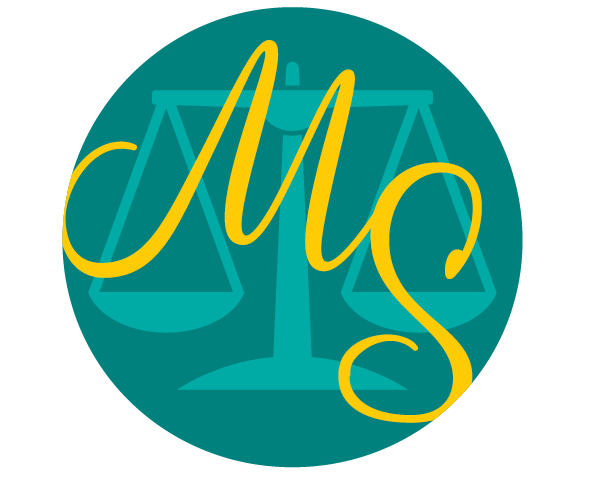CALIFORNIA PROBATE LEARNING CORNER: Do you really need to pay your recently deceased loved one’s bills?
I have been taking on and dealing with more and more probate cases in my practice over the past few years, which I highly enjoy.
However, I have noticed during my probate cases how little my clients, who are usually a close relative to the recently deceased person (child, spouse, etc.), understand their rights in dealing with their recently deceased loved one’s leftover bills.
The first thing that I would like to point out is that there are special rules when it comes to a surviving spouse dealing with creditors of their deceased spouse. Which rules apply and how will depend on whether that debt is a “community property debt” (debt acquired during marriage) or a “separate property debt”. So, this specific issue I will leave for a later post.
Today, I specifically would like to address dealing with a deceased loved one’s creditors here in California when you are the surviving non-spouse family member who is the one now trying to sort out a deceased family member’s estate when they passed away leaving either no will at all or just a will.
The question is “Do you really need to pay your recently deceased loved one’s bills?”. The answer is that if you are a surviving child or other close family members of the recently departed person YOU DO NOT NECESSARILY HAVE TO PAY THAT BILL when we are probating your deceased loved one’s estate.
In probate proceedings here in California a savvy probate attorney will know how to handle creditors of a deceased person whether they are unknown or known/”readily ascertainable” creditors. The probate process requires publication of the hearing on the petition to probate in a newspaper of “general circulation”. Ok, this step takes care of the unknown creditors.
But, what about the known or “readily ascertainable” creditors? Well, a probate attorney such as myself will give the creditor a specific type of direct and prompt notice of the probate case which then sets the clock running and shifts the burden onto the creditor to file a “creditors claim” within a shortened period of time in the probate case and properly prove up the debt.
If this known “readily ascertainable” creditor fails to make this deadline or fails to properly prove up the debt, they are barred (denied the ability) to sue in order to recover the debt at all. Giving these known or “readily ascertainable” creditor’s this type of notice of the probate case shortens the time that they have to file to recover payment from the typical four years to a mere few months.
This can be a HUGE benefit to my probate clients and the beneficiaries of the estate. In some cases, I have saved estates thousands and even sometimes tens of thousands of dollars because rather than the estate paying these bills we utilize the law to shift the burden onto the creditor(s) to prove up their debt in a greatly shortened period of time. In turn, this money saved then increases the inheritance that the heirs/beneficiaries of the deceased person’s estate receive.
I handle probate matters in all counties in California including, but not limited to, Yolo, Solano, Sacramento, Contra Costa, Placer, and beyond.
Thank you for taking the time to read this and please share if you feel this information can be helpful to others.
Posted in Uncategorized
